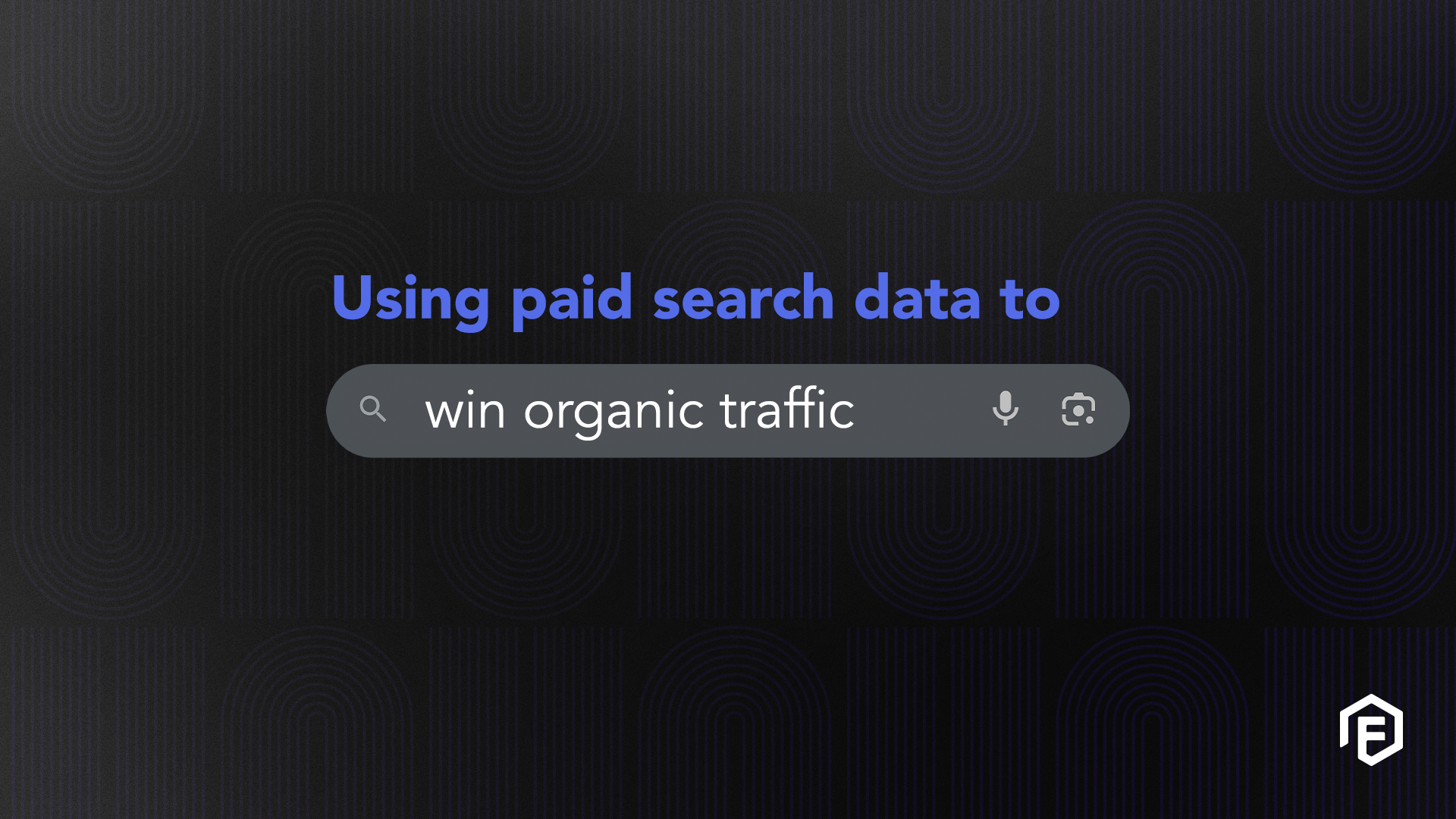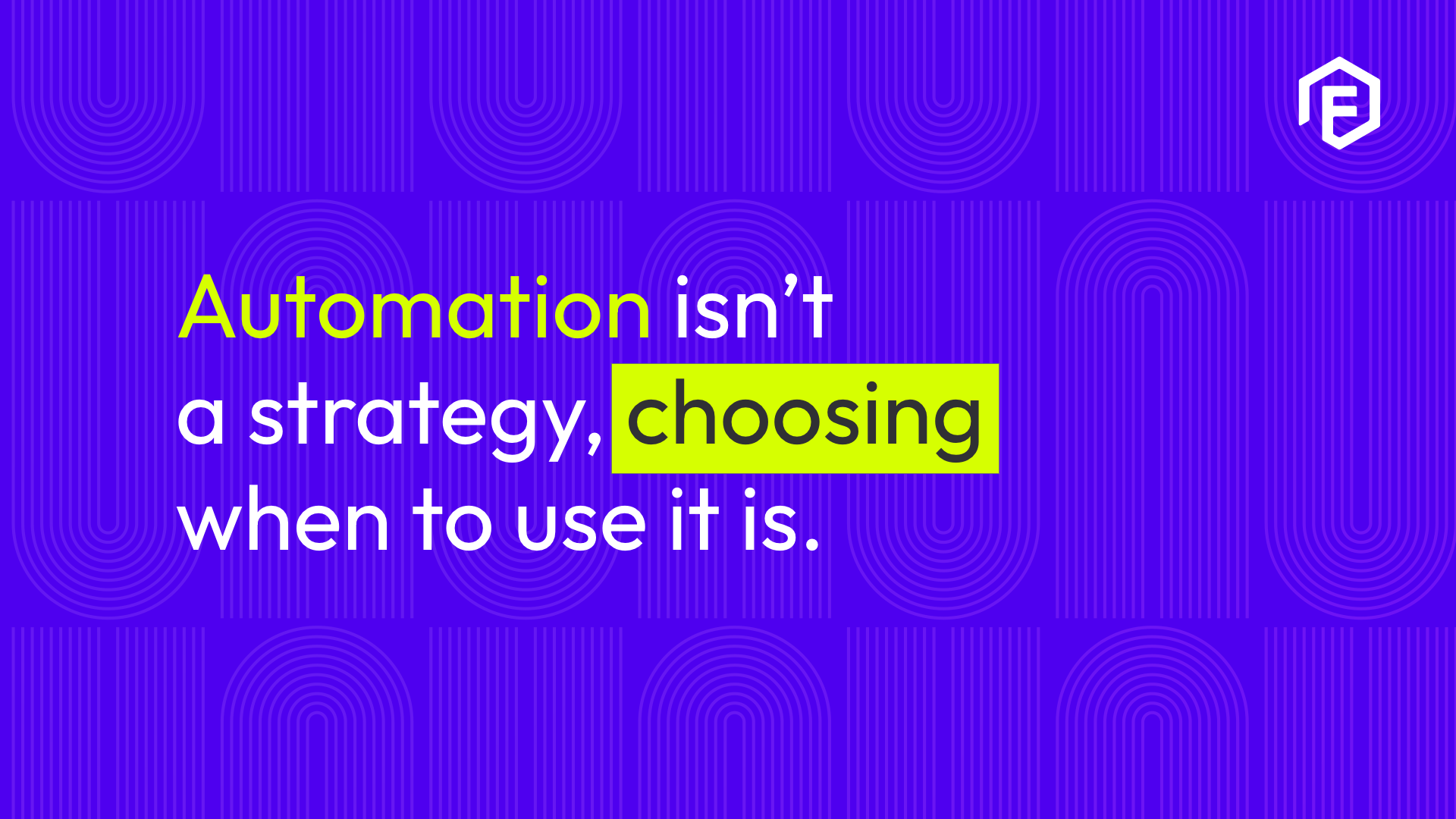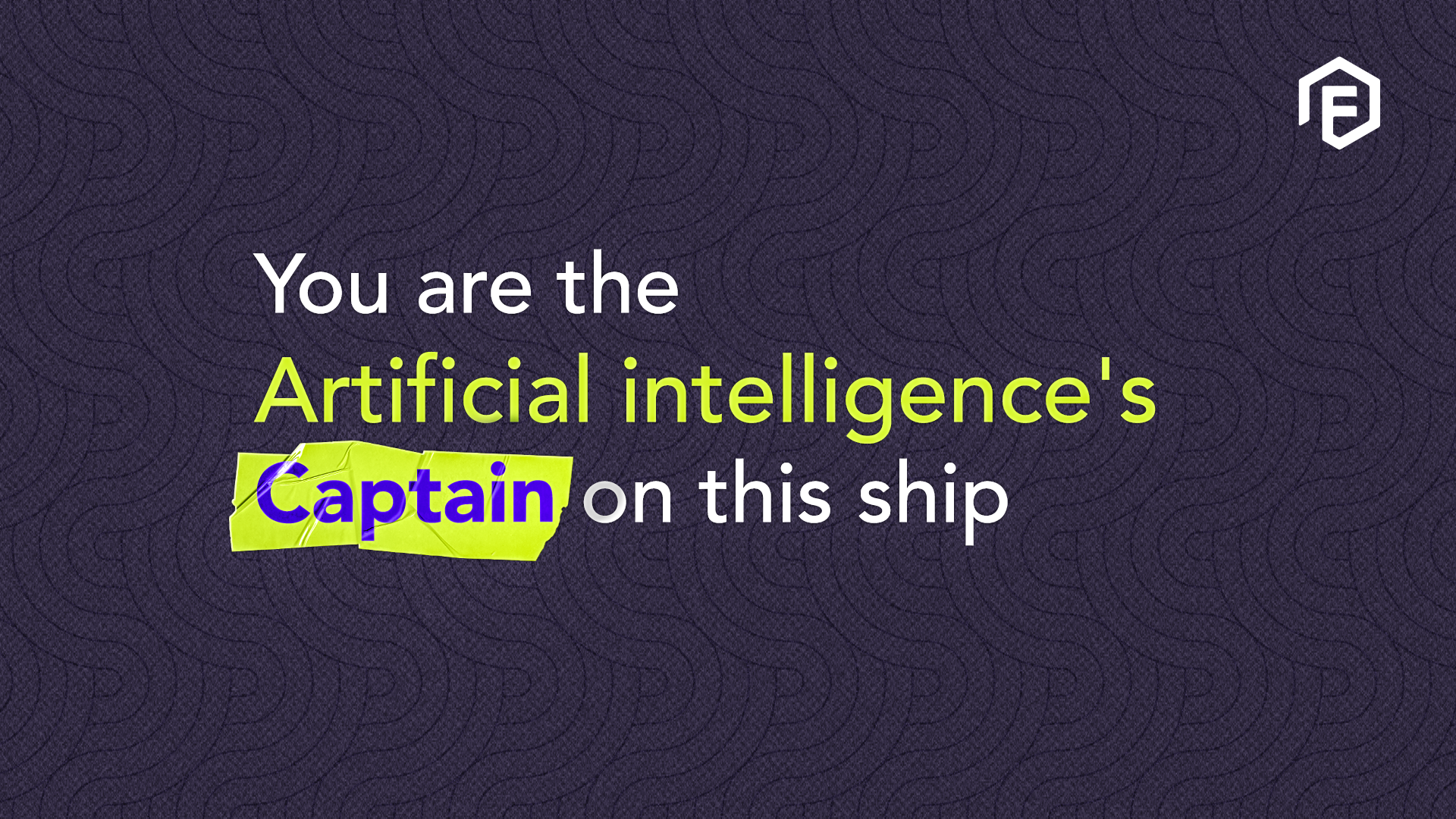Remember the days when marketing was all about gut feelings and guesswork? Back then, marketers relied on billboards, TV ads, and print media, hoping their messages would reach the right audience. There was no way to accurately measure the impact or understand consumer behaviour. Decisions were made based on intuition, and success was often a matter of luck.
In today’s fast-paced digital world, that approach just doesn’t cut it anymore. A data-driven strategy means making decisions backed by solid data instead of intuition. Think of strategy as your trusty GPS. You know where you want to go, but without the right directions, you might end up lost or stuck in traffic. Tammy Tal, Senior Digital Strategist, puts it perfectly: “Strategy is like a roadmap or a recipe. You may know where you want to go or what you want to make, but the strategy is how you get there. Without it, you may wander aimlessly or invest all your time making what you think is going to be a 5-star meal only for it to flop because you missed a step or two. So on a scale, it would be sitting at 10,000%, you HAVE to do it!”
Leveraging data can provide valuable insights into consumer behaviour, preferences, and trends, enabling us to make informed decisions and deliver highly targeted campaigns. In this blog, we’ll dive into the key aspects of data-driven digital marketing campaigns and how they can lead to significant improvements in ROI.
Why data is important in digital marketing?
Modern consumer journeys are more complex than ever. Understanding where your consumers come from, what grabs their attention, and how they move through the buying cycle requires data. Picture this: a user sees your post on Facebook, follows you on Instagram, and checks out your latest blog, but only makes a purchase after seeing your ad on another website. It’s not a straightforward path anymore! The user journey now involves multiple platforms and campaigns.
Stephan Erasmus, Senior Digital Strategist, explains how we use customer and campaign data to optimise ROI: “It’s a collective effort across digital media services depending on what we are trying to achieve. In the strategy phase, we conduct an as-is analysis and map this out with the client’s goals to chart a way forward. We set KPIs to measure the success of these marketing efforts in achieving the client’s goals. Then, across the various digital efforts, we measure ROI, usually relying on paid media efforts to gauge the KPIs. Measuring ROI often involves tying it back to the marketing spend, such as measuring ROAS (return on ad spend) among other metrics.”
By analysing existing data and aligning it with client objectives, we can set clear KPIs to measure success. This approach ensures that all digital efforts are focused on achieving specific, measurable outcomes, providing a clear picture of ROI.
Your marketing data ensures you follow the leads and the people, not just individual metrics. Often, marketers can get lost in the details. Data provides a comprehensive view of what’s happening with your customers and their journey, helping you make impactful changes.
The power of personalisation.
Consumers today expect personalised experiences. In fact, according to McKinsey, 71% of consumers expect brands to offer personalised interactions and 76% get frustrated when they don’t find it. It’s no longer a “nice-to-have”, delivering these tailored experiences is crucial for ROI.
At the heart of personalisation is data. To be efficient, effective, and personalised in our marketing campaigns, we must leverage the data we have. This involves adjusting processes, adopting the right tools, and embracing a data-driven approach in everything we do. As Tammy Tal, Senior Digital Strategist, explains, “We have various tools that we use such as BrandMapp (customer data), BrandWatch (audience trends and social listening) and SEMRush (topical research and search intent); and lastly, desktop research for a better understanding of the client, its customers or the landscape they operate in.”
Zanthé Agrela, Head of Strategy, emphasises the importance of data in crafting a strategy: “We simply can’t craft any strategy without data to back up what we are saying. Otherwise, we would be basing everything on our own opinion only, and that wouldn’t be smart.”
Implementing data-driven strategies.
Collecting the right data:
Ensure you are gathering data from multiple sources, including website analytics, social media insights, customer feedback, and market research.
Utilising advanced tools:
Invest in advanced analytics tools like Google Analytics, HubSpot, and Tableau. These tools can help you process and interpret data more effectively.
Continuous testing and optimisation:
Implement A/B testing and other optimisation techniques to continually refine your campaigns. Use the data from these tests to make informed adjustments.
Training and development:
Stay up-to-date on the latest developments, trends and tools by continuously upskilling your team. This knowledge is crucial for effectively leveraging data in marketing strategies.
Conclusion
In conclusion, data-driven strategies are essential for optimising ROI in digital marketing. By leveraging data to understand consumer behaviour, personalise experiences, and adjust processes, we can create highly targeted campaigns that resonate with our audience. Embracing a data-driven approach ensures that our marketing efforts are efficient, effective, and aligned with the evolving needs of consumers.
By focusing on data, our digital strategists can navigate the complexities of the modern consumer journey and make impactful changes that drive significant improvements in ROI. Start leveraging the power of data today to transform your digital marketing efforts and achieve your business goals.
Flume is an independent, full-service digital marketing agency providing services that include SEO, web design and development, public relations, media buying, client service, UX/UI, and creative production. For more information visit www.flume.co.za or email us to say, well, “hello”.



